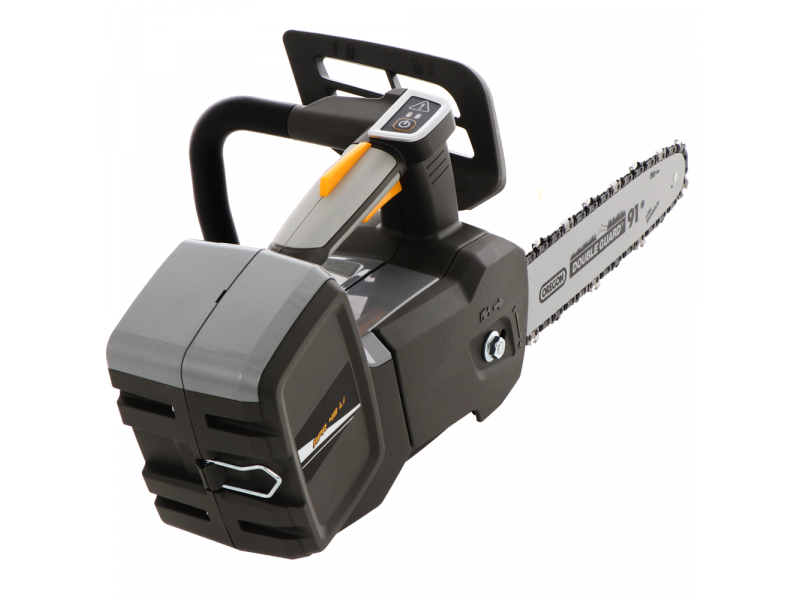
Alpina Robot da cucina - 3 accessori - Ciotola in acciaio inox - Illuminazione ciotola - Impastare, mixare, frusta - nero : Amazon.it: Casa e cucina

ALPINA Plug-in-Light III, Accessori per caschi da Bicicletta Unisex-Adulti, Transparent, One Size : Amazon.it: Sport e tempo libero

lifebea Accessori Kit Cilindro for Alpina P500 P510 P522S VIP 55 VIP 55D VIP 52 Castor 52 VIP55 VIP55D VIP52 (4 5mm) .Strumenti elettrici : Amazon.it: Auto e Moto

VIP52 BOBINA di ACCENSIONE Misura for ALPINA CASTOR CASTEL VIP34 VIP40 FLEX52 A540 500 600 650 700 750 800 STAR 45 55 3210670 Sostituzione degli accessori : Amazon.it: Giardino e giardinaggio





















